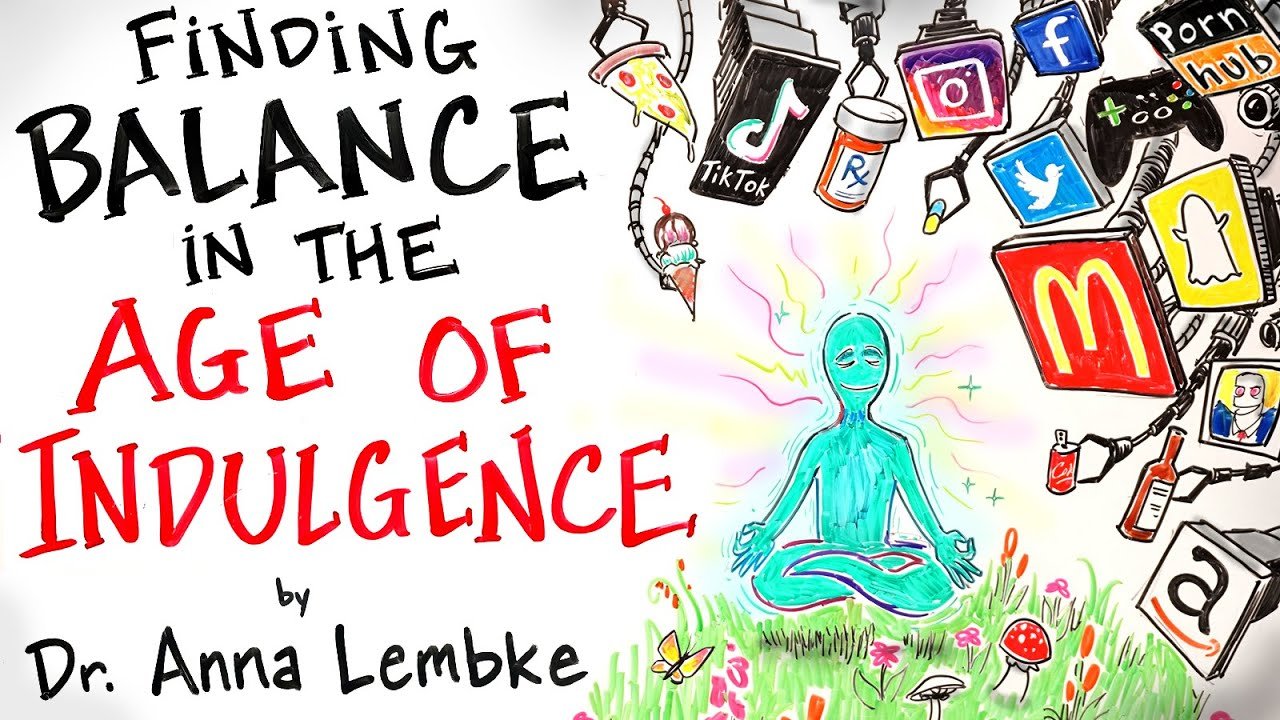As 2022 comes to an end and 2023 is about to begin, how is your pain and pleasure balance?
As nations develop and societies continue to evolve, this balance [for all people] will become more and more critical. And because we all vary in so many ways, personality, body composition, mental health, economic status, and even spirituality, this balance is unique for each of us.
But in the midst of this complexity, there is one common need that is universal: giving attention to the life we’ve received and immersing ourselves into the process of radical, holistic change.
When the Bible is understood accurately, this is its message. When viewed with a deeper, more expansive perspective, the Biblical narrative (Old and New Testament) reveals the power of the universe moving people away from absolutist, extractive empires towards pluralistic, inclusive governing which raises the quality of life for more and more people. There are many things wrong with the world but not as much as there were in the past when nations were ruled by small groups of elites with little to no accountability. This polarity with each of its outcomes exists at every institutional level: families, organizations, societies, and nations.
Improvements in quality of life has come through technological innovations which were made possible through transformations of political and economic institutions. When life gets better, whether for an individual or a group, it’s because whoever or whatever was in charge made space for it to happen through incentives, protected rights, resources, and most importantly liberty. All protected by a universal rule of law and not the whim and discretions of those in charge.
This kind of cultivation doesn’t happen by chance. It happens when people immerse themselves into the life they’ve been given, giving attention to the realities of their condition (inside and out), choose life (ie. love and not fear) and experience the wholeness of humility and wisdom.
In the person of Jesus the Christ, God immersed Himself into the human experience. In this immersion, He turned His attention to the most fundamental needs for life, love and freedom: healing and deliverance. In the Gospel record (Matthew, Mark, Luke, and John), we see Jesus sharing and exchanging intimate thoughts and feelings about significant essentials with His disciples and others. This was communion.
His death and resurrection pointed to the power of grief integration that results in renewal. He instructed His followers to abide in this process through communion; not simply observing a ritual but regular daily practice of interior growth.
As the world becomes a place of greater wealth and freedom, there is the danger of overindulgence and covert addictions that continue to enslave rich and poor alike. If we want to thrive in our age of indulgence, we need power to balance pain and pleasure.
Anna Lembke (Professor of Psychiatry at Stanford University School of Medicine and chief of the Stanford Addiction Medicine Dual Diagnosis Clinic) shares 10 lessons about this balance.
Relentless pursuit of pleasure and pain avoidance results in more pain.
Recovery begins with abstinence.
Abstinence resets the brain pathway towards pleasure. It creates space for finding pleasures in simpler things.
Self binding creates cognitive and physical space between desire and consumption; a modern necessity in the age of indulgence and hyper consumption.
Medication can help reset homeostasis but keep in mind what is lost through medicating our pain: understanding and reconciliation of it.
Pressing on the pain side, resets our balance to the side for pleasure.
Be aware of getting addicted to pain; sadism/ masochism is not healthy.
Radical honesty, fosters awareness, intimacy, and plenty mindset.
Pro social shame affirms our belonging to the human tribe.
Instead of running from the world, we can find salvation by immersing ourselves into it.
Dr. Lembke’s insights about dealing with pain and pleasure contribute to grief integration and renewal; she articulates the problem, provides essentials to reset our balance and sheds light on the path to healthier mindset, relationships, and fundamental life philosophy.
We all have propensities toward addiction. And under chronic, intense stress, we become addicted through naive ways of dealing with pain through numbing, distracting activities. If our addiction isn’t some substance, it may be work or some activity that keeps our attention away from the pains of life we’ve been given, preventing us from reconciling its truth to cultivate integration. Being naive inhibits deeper understanding into reality, keeping us in the shallow end and thus becoming more and more irrelevant to the dynamics of life, and we end up with more morbidities, relational dysfunction, and a fear based life ie. a house of cards.
As 2023 rolls in, evaluate your pain and pleasure balance. How does your life promote health and integration of reality/ truth (highs and lows; good, bad and ugly; darkness and light)? A healthy balance fosters wholeness: head, heart and body working harmoniously together. Imbalance results in neglect of one or more or your triune members, the most crucial being your emotional core/ inner child.
Jesus said, “Truly I tell you, unless you change and become like little children, you will never enter the kingdom of heaven.” (Matt.18:3) Entering this kingdom is not the afterlife. It’s experiencing life governed by liberating power like that of the sky: spacious, free, life-giving.
This is where the journey to balance begins: how your emotional core/ inner child experiences love. This is true religion that authentically reconnects us with God. Without this, our love will perpetually lack integrity and the power of wholeness. But with it, we become the salt of the earth, the light of the world because we will live with power to balance the pains and pleasures of a world filled with both.

